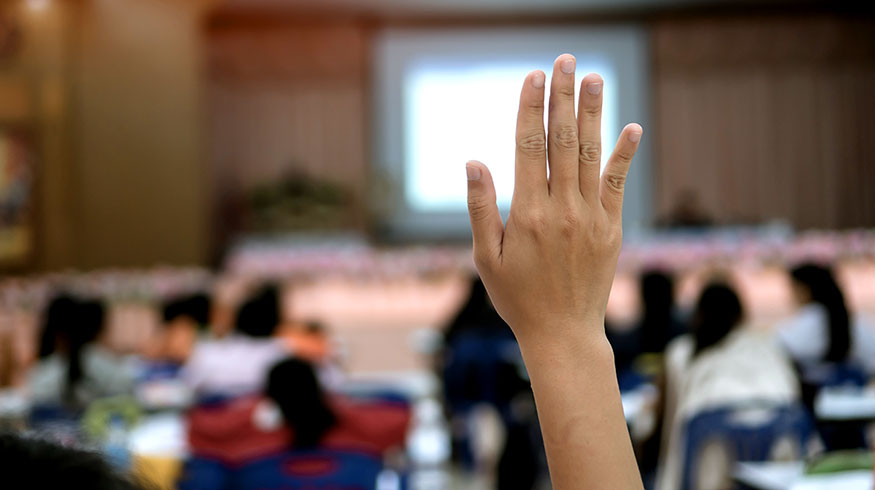June 29, 2020
In a pluralistic society with historically entrenched inequities, the struggle to address past wrongs and to create a more just society inevitably generates conflicts. However, when spirited disagreements become increasingly contentious and heated, they can lead to the suppression of discourse, not merely challenging ideas and objectionable terms, but limiting forms of expression and threatening the exchange of ideas. If we believe that healthy and respectful debate is essential to a functioning democracy and a robust education, the circumscription of such debate or the marginalization of its participants is especially worrying.1 This is of particular concern for academics, journalists, and artists who, each in their own fashion, are committed to uncovering and sharing insights about issues that are often messy, uncomfortable, and complex. But it is of concern to all who hold that justice is premised on equality and inclusion.
Recently, over 150 journalists, writers, and academics signed a “Letter on Justice and Open Debate” in Harper’s Magazine wherein they expressed concern over what they perceived to be an increasingly intolerant environment on campuses, in newsrooms, and throughout our society, pointing particularly to what they believed were censorious actions by those who have become impassioned advocates for social justice. As they noted, “the restriction of debate, whether by a repressive government or an intolerant society, invariably hurts those who lack power and makes everyone less capable of democratic participation.”
Numerous responses to this letter, offering both critique and affirmation, have raised important questions about the arguments put forth by the letter’s authors—about the character and circumstances surrounding recent examples of “censoriousness,” about potentially romanticized notions of open debate in universities and media organizations, and about why individuals from underrepresented and oppressed minorities have such strong reactions to calls for “civility” and “tolerance” from those in closer proximity to centers of power.
Debates over free expression and its limits have been a part of the democratic project for centuries as we attempt to secure “the blessings of liberty” for all members of our society. The current iteration of this discussion is a welcome moment of reflection in the midst of a particularly fractious juncture and we can only be well-served if our discussion remains grounded in our shared commitment to accuracy, respect, and a mutual appreciation of the values we share while we simultaneously interrogate those values so they might evolve. National Humanities Center has also produced several resources for teachers including webinars on combating misinformation with humanities-inspired data reasoning and teaching historical understanding in the digital age. Later this fall, the Center will also introduce an intensive online course on how the humanities can help develop critical media literacy.
Find out how you can get informed, get involved, and take action on this and other issues.
Research & Resources
Materials for further exploration:
- Davenport-Hayes, Richard. “Fellows Pro and Con.” A review of David Cannadine’s A Question of Retribution. The Times Literary Supplement, August 7, 2020.
- AAUP Resources on Academic Freedom, American Association of University Professors.
- 2019 World Press Freedom Index, Reporters Without Borders.
- 2019 State of the First Amendment Survey, First Amendment Center, Freedom Forum Institute.
- Freedom of Expression, American Civil Liberties Union.
- Nelson, Cary. “Defining Academic Freedom.” Inside Higher Ed, December 21, 2010.
- Olson, Gary A. “The Limits of Academic Freedom.” The Chronicle of Higher Education, December 9, 2009.
Notes
- For example, this account of recent events involving the editor of the magazine Poetry (“Shock Tactic.” The Times Literary Supplement (July 10, 2020): 31.)
Voices
What the experts are saying:
- Stephens, Bret. “The Encroachment of the Unsayable.” The New York Times, October 19, 2020.
- Rafique, Fauzia. “This ‘Free Speech’? No Thanks!” Georgia Straight, July 9, 2020.
- “A More Specific Letter on Justice and Open Debate.” The Objective, July 10, 2020.
- Heer, Jeet. “The Left Needs to Reclaim Free Speech.” The Nation, July 10, 2020.
- Hakakian, Roya. “Why I Signed the Harper’s Letter.” Quillette, July 11, 2020.
- Giorgis, Hannah. “A Deeply Provincial View of Free Speech.” The Atlantic, July 13, 2020.
- Hobbes, Michael. “Don’t Fall for the ‘Cancel Culture’ Scam.” The Huffington Post, July 10, 2020.
- Baumann, Paul. “The Harper’s Letter: Why We Let The Other Side Speak.” Commonweal, July 17, 2020.
- Cohen, Eliot A. “A Tale of Two Letters.” The Atlantic, July 17, 2020.
- Callard, Agnes. “Should We Cancel Aristotle?” The New York Times, July 21, 2020.
- Neem, Johann N. “Unbecoming American.” The Hedgehog Review, Spring 2020.

